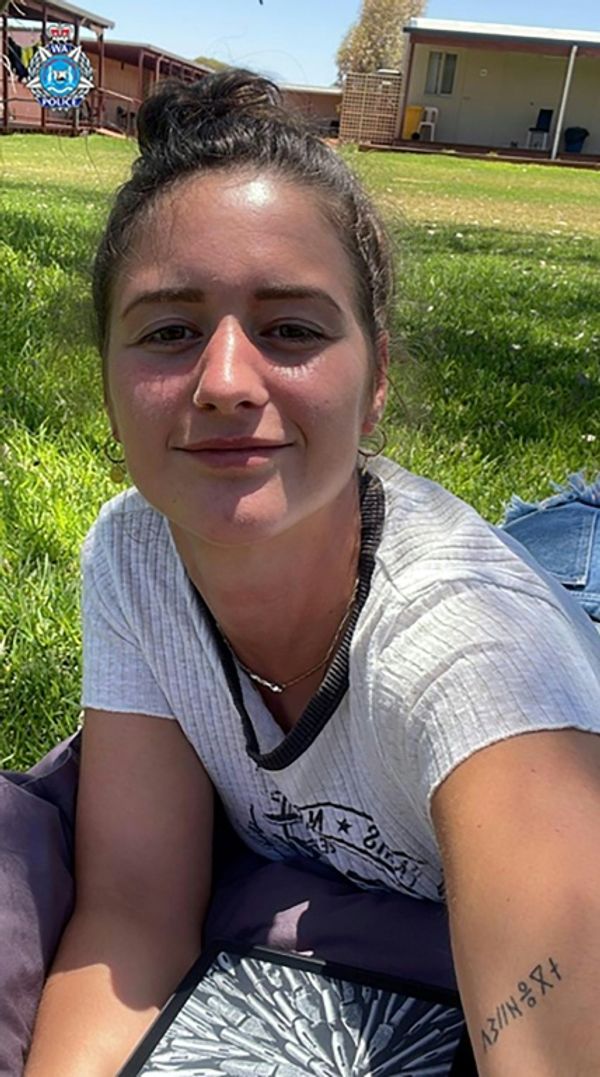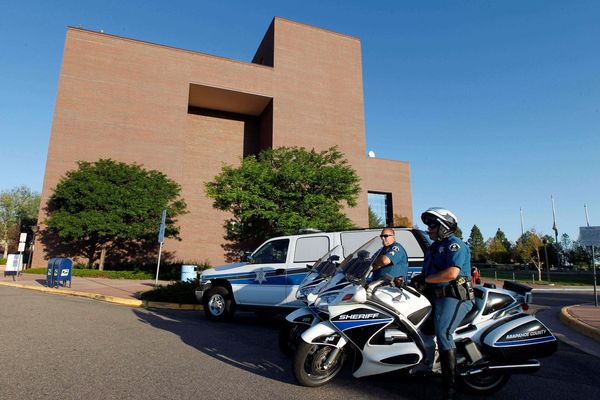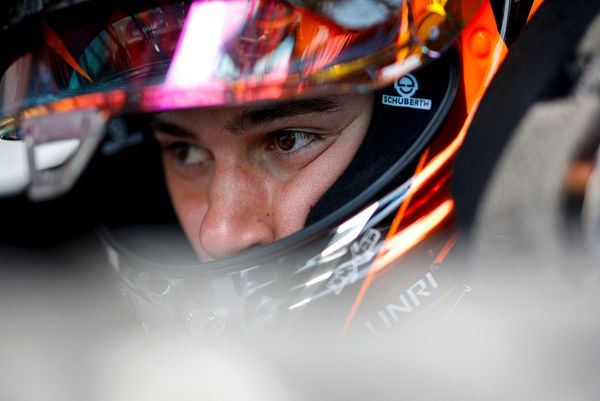Suad Lubbad, 55, is a programme officer for American Near East Refugee Aid (Anera), the largest American NGO operating in Gaza and the West Bank.
What were you doing before 7 October?
I was living in north Gaza, in a neighbourhood called Tel al-Hawa. My life was going very well. There was routine for me and my kids. One of my sons had just graduated from university and was planning to look for a job. The other son was about to graduate. He had started his last semester in university, but never completed it. My daughter was in high school.
And what were you doing in your work?
I was responsible for a project called Farms to Fosool [fosool is Arabic for classrooms]. We were providing preschoolers with a healthy daily breakfast. I was responsible for a staff of six women. We were supporting female empowerment by providing equipment and tools to women to prepare the meals, which we would then buy from them and distribute to the children. We were getting the vegetables from local farmers who were being supported by Anera and other projects.
What happened after 7 October?
The programme stopped that day. We stayed at home for a week, working online with our administration to see what we could do to help, and how to keep ourselves safe. The first Friday after 7 October, following the Israelis’ recommendation to leave north Gaza, we evacuated to Zawayda, to a building owned by Friends Without Borders, an NGO that has been a partner to Anera, because neither I nor my colleagues have relatives in central or south Gaza.
Maybe two days after I arrived in Zawayda, I lost my eldest sister and her whole family. They had stayed in north Gaza. A missile hit their home. I lost 14 people: my sister, her son with his family, her married daughter with her family, her husband and another daughter.
We stayed in Zawayda for about two months, then the missile attacks started getting nearer to us, so we decided to evacuate and go to Rafah. Our institution coordinated with the Israeli side in order to stop the attacks so that we – my colleagues and our families, about 250 people – could leave safely. It was cold. It was wet. It was miserable. My sons were putting blankets on me but I couldn’t get warm.
We evacuated to a wedding hall in Rafah, and then to another wedding hall where we stayed for three or four months. Then, when attacks started there, we evacuated again to al-Mawasi, in Khan Younis, where I am now. So I have moved four times.
What has Anera been doing since 7 October?
Anera started to work on the ground from 9 October, distributing food parcels, hygiene materials, fresh produce and setting up tekias – community kitchens – all over the Gaza Strip, including north Gaza, where some of my colleagues stayed behind. Our work continues, providing people with whatever we can. [Anera has provided nearly 35m meals in Gaza to date.]
I’m now responsible for the distribution of food parcels, with the World Food Programme project. We target 30,000 households in Khan Younis. We provide each household with two food parcels a month, plus supplements for pregnant and lactating women, and children under five.
How difficult has it been to get food?
We have a partnership with the World Central Kitchen, and they were providing us with raw materials. Early on we had lentils, beans, peas; sometimes we were lucky to have fish or meat or chicken. But over time, less and less. There’s not enough food now and most people are depending on the food parcels distributed by the World Food Programme. It’s a UN agency so it can get shipments through the borders, but organisations like ours are facing many troubles getting supplies in, and if we have a shipment that does pass the border, there is widespread looting. But we can still achieve some things. That achievement motivates us to go on with our lives.
How bad is the hunger situation now?
We are screening children, and pregnant and lactating women, because these groups are considered at risk of malnutrition. We are finding cases of moderate and severe malnutrition and giving them supplements. But people in the north are facing more starvation than us. Most families there are living on wheat and some canned food, just enough to stay alive.
What is your day-to-day life like?
I am living in a tent now. It’s very hot, the weather is very humid, sand is everywhere, with insects of all kinds around us. We wake up in the morning because of the flies – we don’t need alarm clocks. Our skin colour is getting darker and darker. The water in the taps is salty, we are washing our hands and bodies in the sea, and even the water in the sea is contaminated because of the sewage. There’s no electricity, there is no internet, transportation is difficult.
We’re not used to living this life. Nobody has the privacy they used to have, nobody has their normal routine, nobody is able to do the things they were doing when they were at home – so there is pressure, and trouble between families happens a lot. Every night we go to sleep hoping that, in the morning, we’ll be able to go back home.
We, the people, are feeling that we are not in the minds or hearts of anyone in the world. We feel neglected, ignored, like we mean nothing to the world. Because if we meant something, something would have been done.







